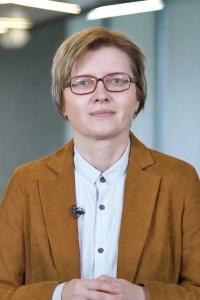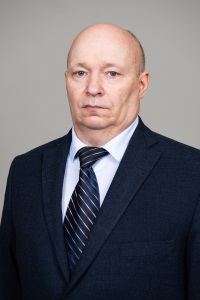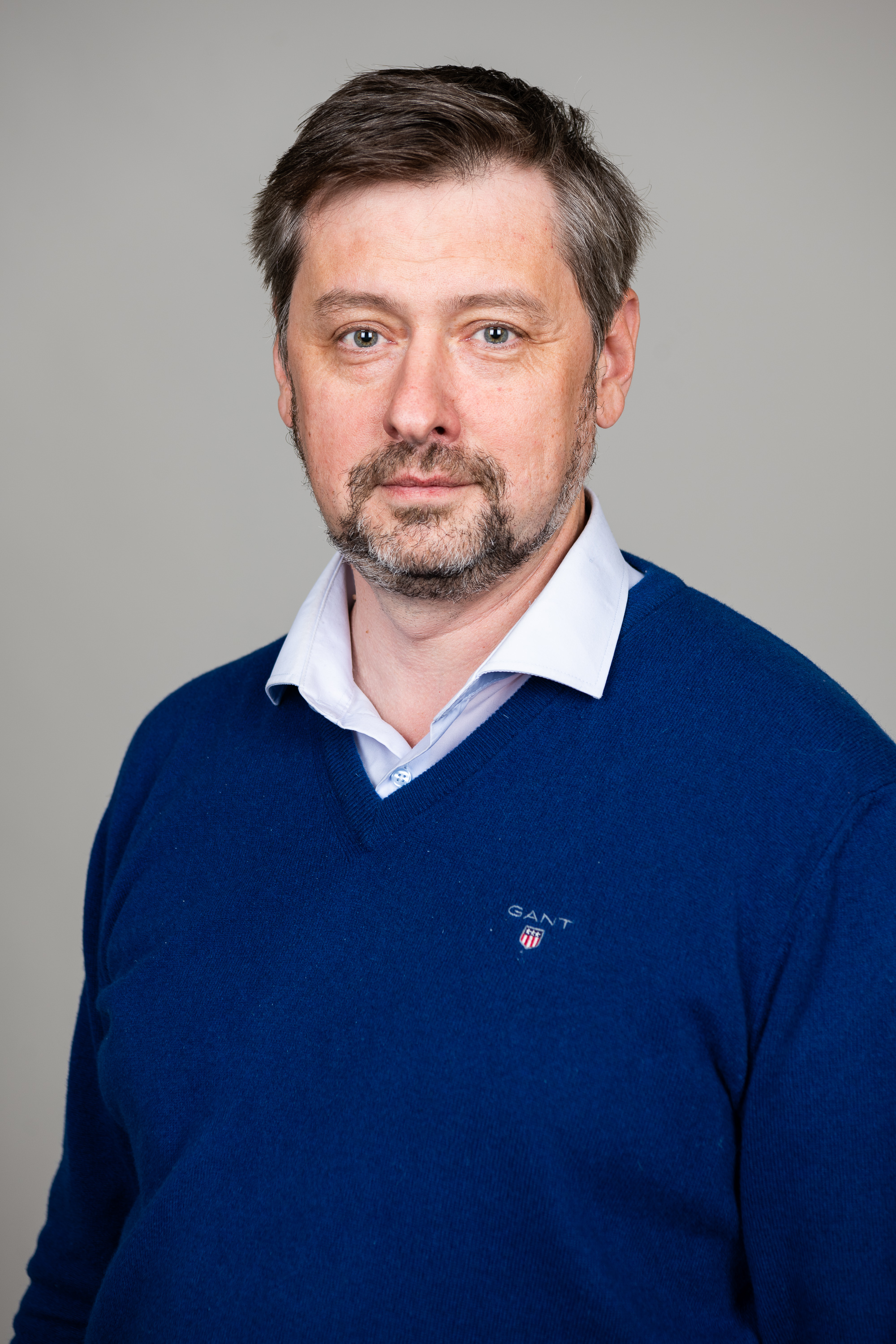Applied Mathematics for Intelligent Systems
Master the skills that will become your gateway to innovative companies and leading research centers. The Applied Mathematics in Intelligent Systems track is designed following the model of a fundamental higher education program, granting the qualification of Engineer-Researcher, which enables graduates to pursue higher-level positions without the need for a master’s degree.
You will learn to build mathematical models, train machine learning algorithms, work with big data, and develop intelligent control systems. Our students gain proficiency in programming languages such as Python, C++, Go, Rust, and JavaScript, applying them in real projects in collaboration with leading IT companies and research centers.
Graduates go on to work at Sberbank, Yandex, Kaspersky Lab, Wildberries, and other tech companies, creating innovative digital services and products.
Duration of the program: 6 years. Full-time education in Russian.











